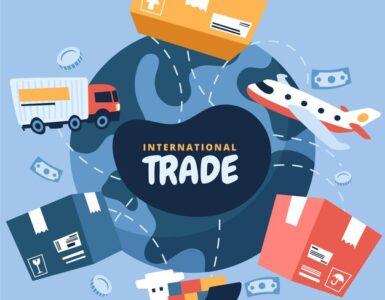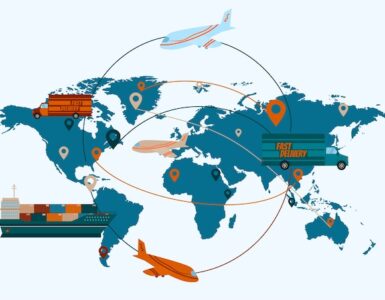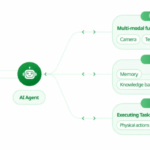
Incoterms 2020 rules are the latest revision of international terms of trade published by the International Chamber of Commerce (ICC). They are recognized as the authoritative text for determining how costs and risks are allocated to parties conducting international transactions.
Incoterms 2020 rules outline whether the seller or the buyer is responsible for, and must assume the cost of, specific standard tasks that are part of the international transport of goods. In addition, they identify when the risk or liability of the goods transfer from the seller to the buyer.
In this article, we’re discussing the Incoterm CPT, also known as Carriage Paid To.
There are 11 trade terms available under the Incoterms 2020 rules that range from Ex Works (EXW), which conveys the least amount of responsibility and risk on the seller, to Delivered Duty Paid (DDP), which places the most responsibility and risk on the seller. The Incoterms 2020 Rules: Chart of Responsibilities and Transfer of Risk summarizes the seller and buyer responsibilities under each of the 11 terms.
For a summary of Incoterms 2020 and a short definition of each of the 11 terms, read An Introduction to Incoterms.
Contents
Carriage Paid To Responsibilities and Risk
Under the Incoterms 2020 rules, CPT means the seller is responsible for clearing the goods for export and delivering them to the first carrier or another person stipulated by the seller at a named place of shipment (usually a foreign freight terminal) at which point risk transfers to the buyer. The seller selects and pays the international carrier, and is responsible for loading and offloading goods at the named place of destination. Some buyers don’t realize that though the seller routes the international carrier, the buyer carries the risk during the main carriage.
Since this is a standard export transaction, the seller or its agent is responsible for submitting the Electronic Export Information (EEI) through AESDirect on the ACE portal.
Carriage Paid To Transportation Options
The ICC has divided the 11 Incoterms into those that can be used for any mode of transportation and those that should only be used for transport by “sea and inland waterway.” Under Incoterms 2020, CPT can be used for any mode of transportation.
Using Carriage Paid To
With all of the C-group terms, including CPT, the seller is responsible for contracting international transportation. The named place where the transfer of responsibility occurs is always on the buyer’s side.
CPT is beneficial to the seller when a letter of credit is used or in other situations where the seller needs to control the export process.
It may be advantageous for a buyer to use CPT when the seller has greater buying power and can negotiate better rates for transportation.
Learn More about Incoterms 2020 Rules
If you are regularly involved in international trade, you need to understand the risks and responsibilities as defined by Incoterms 2020 rules, not just pick the term you always use. Start by getting a copy of ICC’s Incoterms® 2020 Rules book.
For a more detailed understanding of which term or terms make the most sense for your company, register for an Incoterms® 2020 Rules seminar or webinar offered by International Business Training. If you don’t want to attend a half-day class, you can get the book provided at these seminars and webinars: Incoterms® 2020 for Importers and Exporters.
[“source=shippingsolutions”]





















































